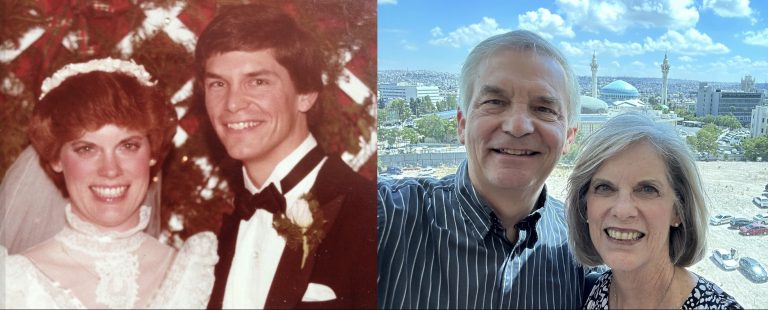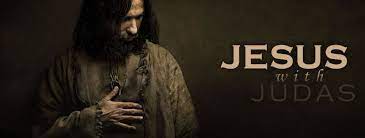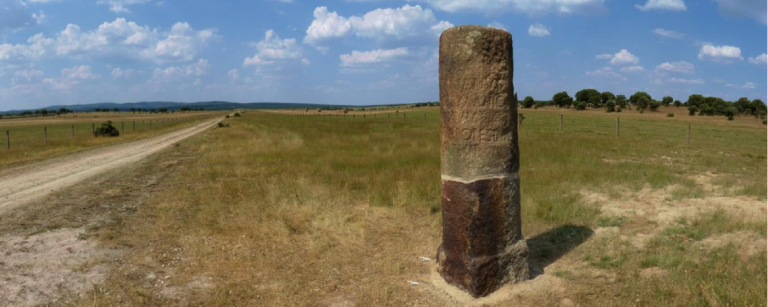Fear is widespread—but is fear good? Well, sometimes. A fear of heights can save your life, as can a fear of fire. The world has feared COVID-19 and riots ravaged America’s cities starting in Minneapolis, with 1500 buildings destroyed in a five-mile stretch. Many fear to leave their homes, and the presidential election is still contested. Dire predictions abound that cause fear that 2021 will pose even greater mayhem.
Such fear sounds familiar. For centuries before Jesus came, Jews longed for their Messiah to free them from fear.
So what happened when news reached Jerusalem that this Son of David was finally born in David’s nearby hamlet of Bethlehem? “King Herod was delighted when he heard this, as was everyone in Jerusalem” (Matt 2:3 GSV).
Maybe that version is not familiar to you because I cited the GSV, otherwise known as the Griffith Slandered Version. What does a more reputable translation say?
“King Herod was deeply disturbed when he heard this, as was everyone in Jerusalem” (Matt 2:3 NLT).
Fear prevented visitors—as it does today. The Jews missed their Messiah born right in their midst—only five miles south of Jerusalem. The average person walks about 2.5 miles per hour, so a Jerusalem resident could walk to Bethlehem, have lunch, and return in the afternoon. Bethlehem could be reached in but a few minutes by horseback.
No Jews visited? Why did Joseph, Mary, and Jesus only have Gentile guests from afar? In a word, fear. It seems that fear gripped nearly everyone in the Christmas story—Zechariah (Luke 1:12-13), Mary (Luke 1:29), Joseph (Matt 1:20), shepherds (Luke 2:9), Herod, and all Jerusalem (Matt 2:3).
Why so much fear? They focused on each frightening incident instead of God’s comforting plan to redeem the world. Do you?




